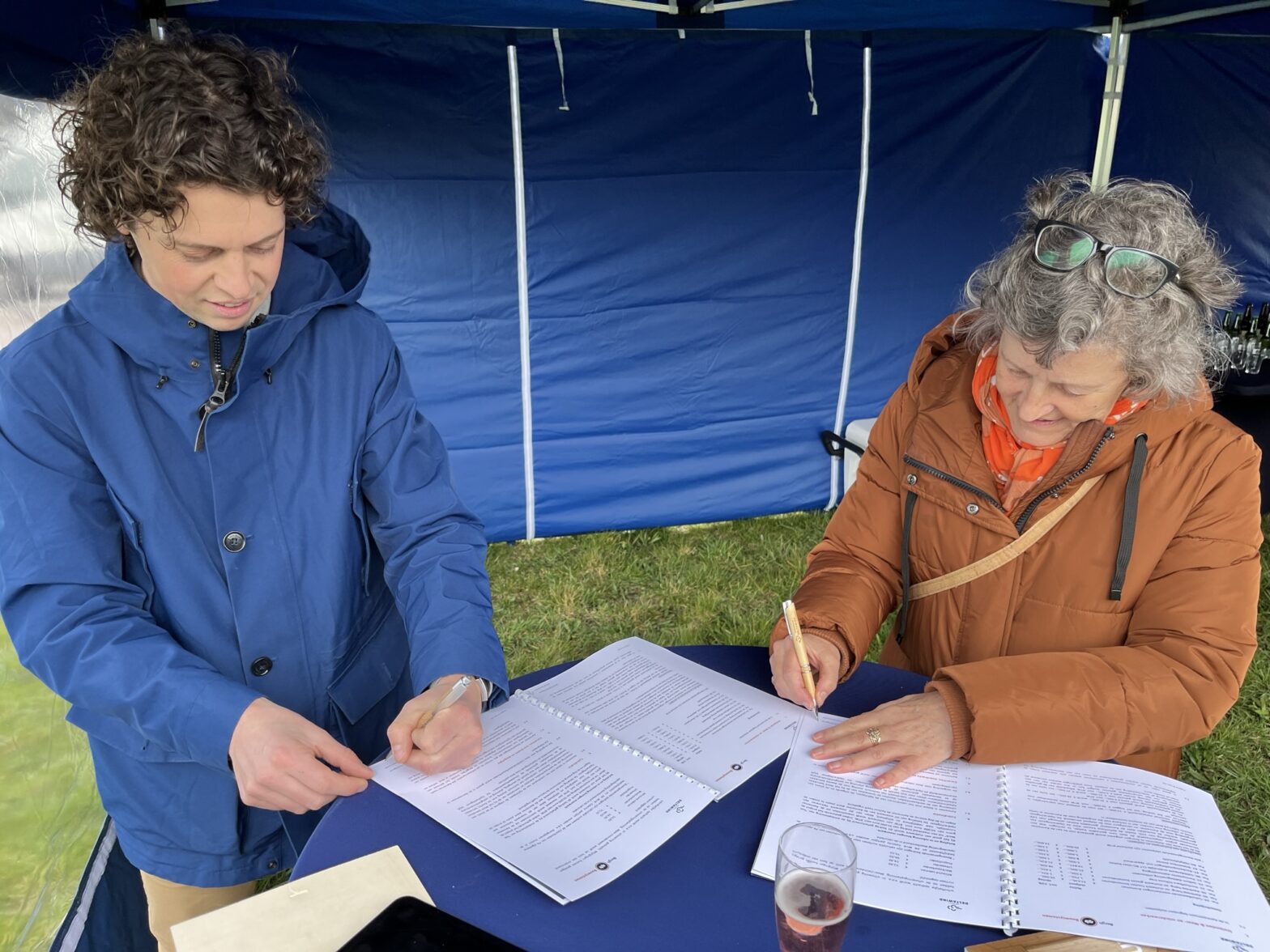The susceptibility of experiencing energy poverty and the stability of energy supply and prices in Europe have been in the recent years strongly influenced by post-pandemic recovery, energy crisis and the war in Ukraine. There are many efforts to combat this issue and this article explores how small initiatives can be the emerging power to alleviate energy poverty.
There are ongoing efforts taken by governments and European commission to combat the adverse effects of recent geopolitical circumstances, however considering the speed of ongoing issues these efforts often prove troublesome for an average citizen. Within Work Package 3 of the project, this theme has been explored in depth from an angle of how small innovative initiatives can contribute to governmental efforts to alleviate energy poverty.
Laying out the storyline
Let us imagine being a citizen in the Netherlands living in a social housing unit. Although in the current energy crisis, governments provide local municipalities with financial support to households, our current heating system is outdated and the little economic support we receive still does not fully cover the increasing percentage of our wage being eaten up by energy expenditures. Additionally our family situation proves problematic, we share our house with our elderly and sick relatives, who require not only appropriate heating, but also energy to supply their medical equipment. Our municipality deals with many similar requests daily and due to the overload of work and responsibilities, including complex bureaucratic system, cannot provide individual intervention.
Now let us consider the addition of a third player, a small, local and innovative initiative, which due to their smaller scope of work is able to provide support in a more precise way. How could this work and what would the benefits be? Through the work of Work Package 3 basing its research on the examples of Bulgaria, the Netherlands, Scotland and Ireland, the following conclusions were drawn.
The mechanics of small scale initiatives
In order for small innovative initiatives to have the desired impact, collaboration or working together with municipalities and governments should not be avoided. Rather reciprocal partnership can create more favourable conditions for initiatives to emerge and receive sufficient financial, knowledge and skill support. Reciprocal partnership in this case means mutual support of both parties. According to the Energy Measures partner report ‘national governments are not alone in addressing energy poverty. A variety of public and non-public actors at local and regional levels are taking initiative to help alleviate various forms of poverty, including energy poverty. Such initiatives often collaborate with other public and private stakeholders at the local level’ (Breukers et al, 2023). Initiative must also consider the absolute relevance of human resources in the form of local knowledge. This, however, comes with the need to create transparency in communication and knowledge exchange. For example in the Outer Hebrides an Energy Support Unit was created resulting from community-led collective action. A new, more holistic approach was used to tackle energy poverty. This was, however, only possible because ‘Several stakeholders have partnered to pool resources (financial, knowledge, relational, competences, experience) and join forced in order to overcome great social need’ (Breukers et al, 2023). At the end of the day citizens must be involved to get involved. Lastly, a unified definition of the term ‘energy poverty’ must be established. Without a common understanding of energy poverty, the efforts to alleviate it are hindered.
What about the benefits? Let us go back to putting ourselves in the position of a resident in a social house in the Netherlands. Though the work of energy initiatives our individual case can be considered on a local level, which improves not only our energy situation, but also our comfort of living and the lives of our entire community. Furthermore energy initiatives, which become embedded in our neighbourhood have a long term impact and continue to embed their support even when the peak of crisis subsides. Through perseverance they branch out into other troublesome areas in our community, improving the overall welfare on a long term. For instance Deltawind initiative in the Netherlands, which has been around for 30 years, works in a particular municipality and invests time and expertise to help its residents. The cooperative ‘helps residents to find suitable energy providers and contributes financially where residents lack resources’ (Breukers et al, 2023). Central to their approach is that everyone can participate in their own way.
The innovative aspects of small initiatives also allows us to consider options, which we might not have considered before such as joining an energy community, where renewable energy is shared among members and distributed at lower prices. Lastly we have an active role in ongoing changes.
Reflecting on the potential of small scale initiatives
‘Main conditions for innovative initiatives that alleviate energy poverty in a structural and long-term manner, is that they are able to expand, entrench or further embed their approach in order to be able to replicate or upscale efforts – or to inspire and support others to replicate their models.’ Small and innovative initiatives can have a big impact on a small scale, which, upon creating a proper network, can have a widespread effect. They should be recognised by citizens and institutions for their work and the benefits they can bring to communities to combat the effects of increasing energy poverty.
